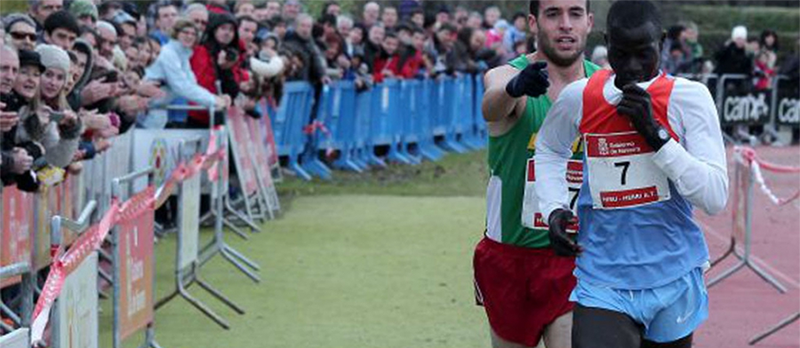The Upside of Owning Up
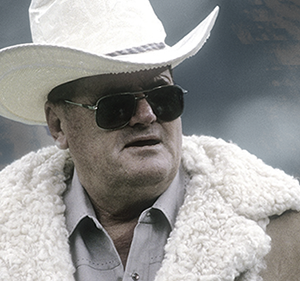 Bum Phillips, former head coach of the Saints and the Oilers, once said, “You’re not a failure until you start blaming someone else.”
Bum Phillips, former head coach of the Saints and the Oilers, once said, “You’re not a failure until you start blaming someone else.”
This has been the bane of the human race since the beginning: Eve blamed the serpent for her disobedience. In turn, Adam blamed Eve … and he didn’t stop there: He also suggested that God was partly to blame, since bringing Eve on board was his idea in the first place.
Like Solomon said…
A man’s own folly ruins his life, yet his heart rages against the Lord. (Proverbs 19:3)
As long as we’re saying, “Yeah, maybe I did it, but it’s not my fault,” we exclude ourselves from any possibility of a comeback, any possibility of recovery.
We are, in fact, setting ourselves up for it to happen all over again.
Overcoming any kind of failure begins when we’re ready to say, “Today I take ownership of my life: what I think, what I say, what I do. I can’t control everything that happens, but I can control what I do next.”
Placing blame is easy; owning up never is. But it’s the only path to victory.

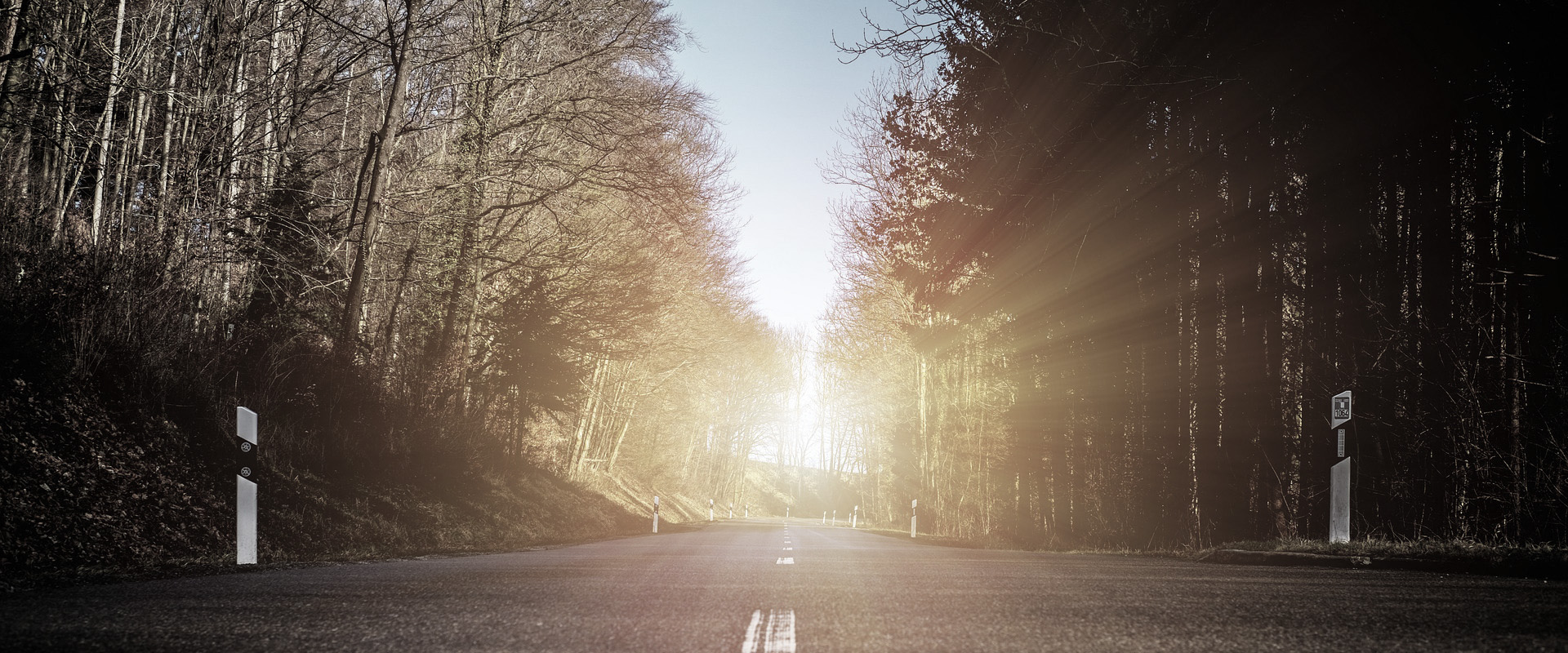
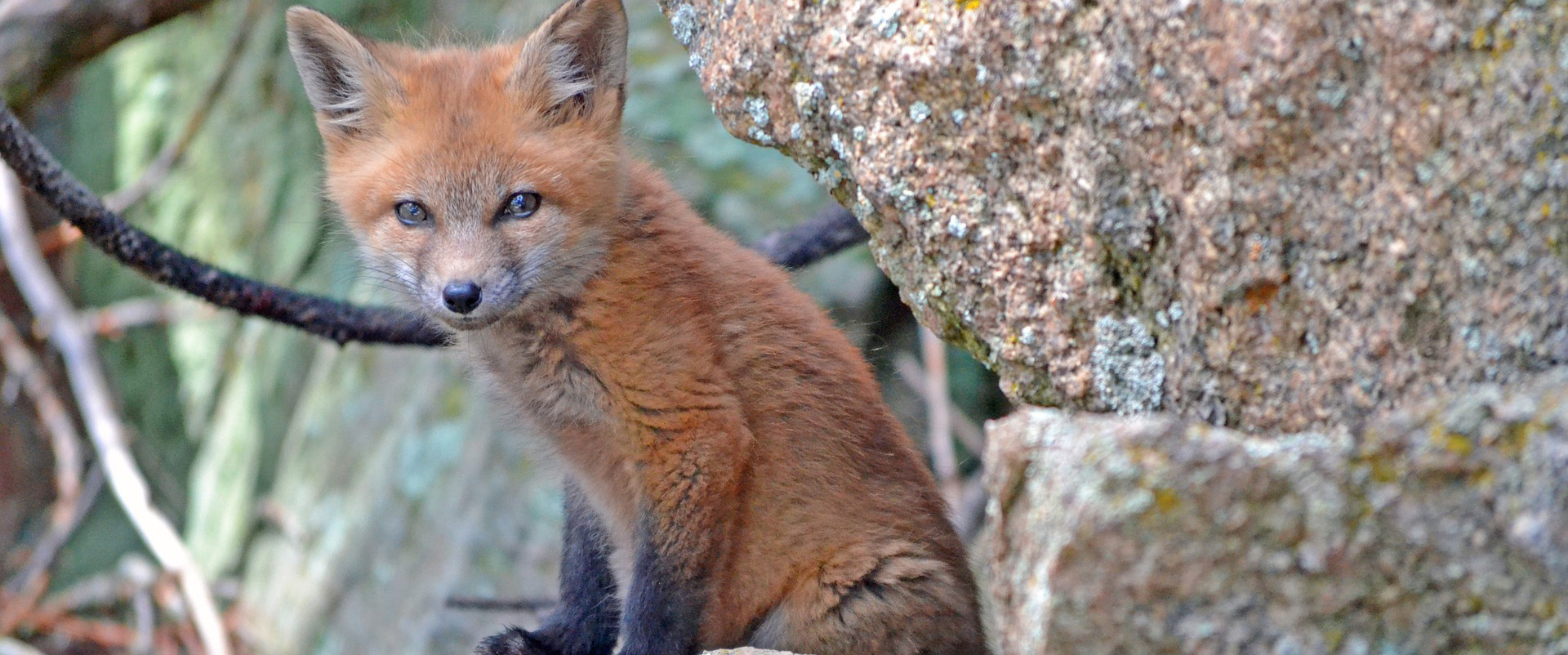


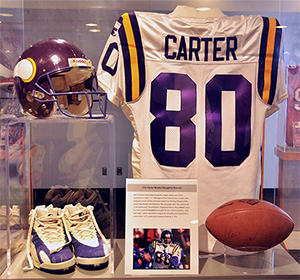 In February 2013 NFL wide receiver Cris Carter was inducted into the Pro Football Hall of Fame — an honor well deserved. He had a great career.
In February 2013 NFL wide receiver Cris Carter was inducted into the Pro Football Hall of Fame — an honor well deserved. He had a great career.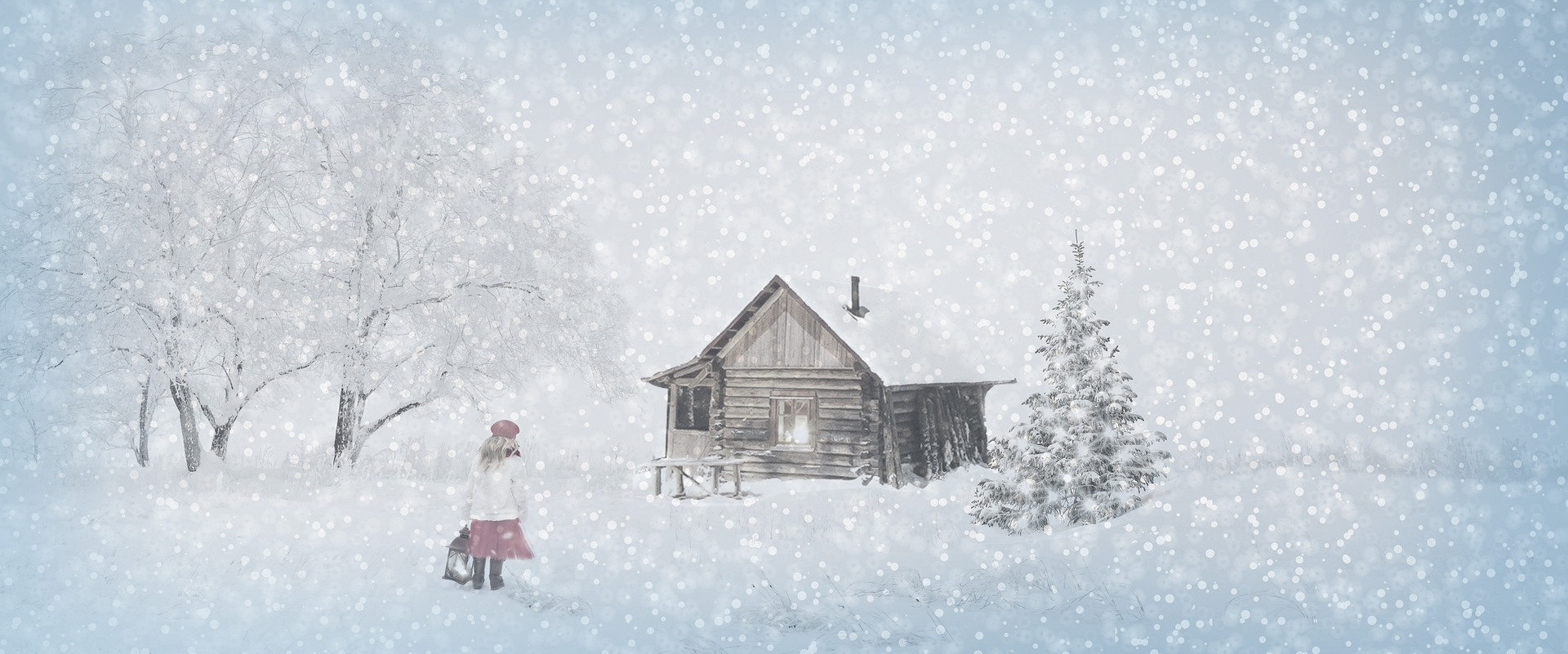


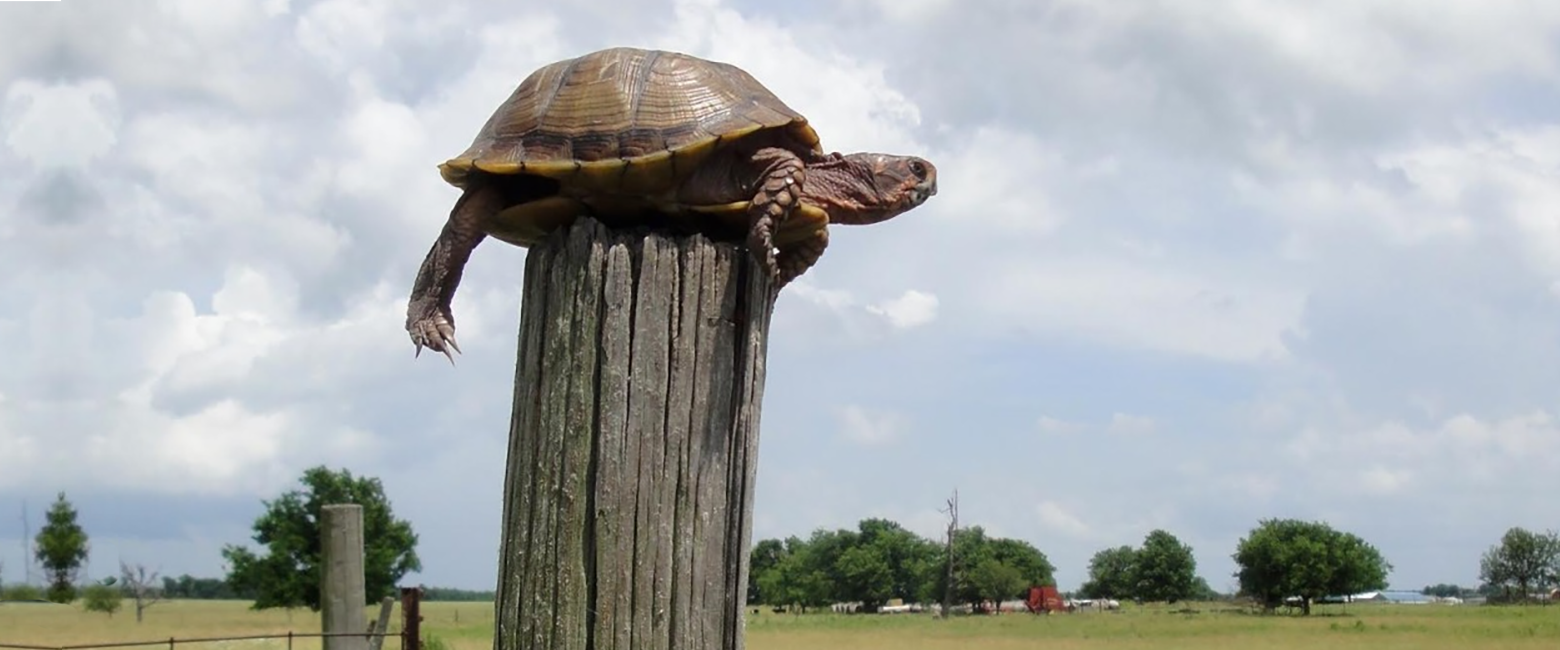
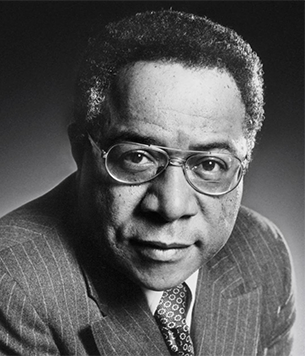 Alex Haley, author of Roots, had a picture on his office wall of a turtle sitting on a fence post.
Alex Haley, author of Roots, had a picture on his office wall of a turtle sitting on a fence post.
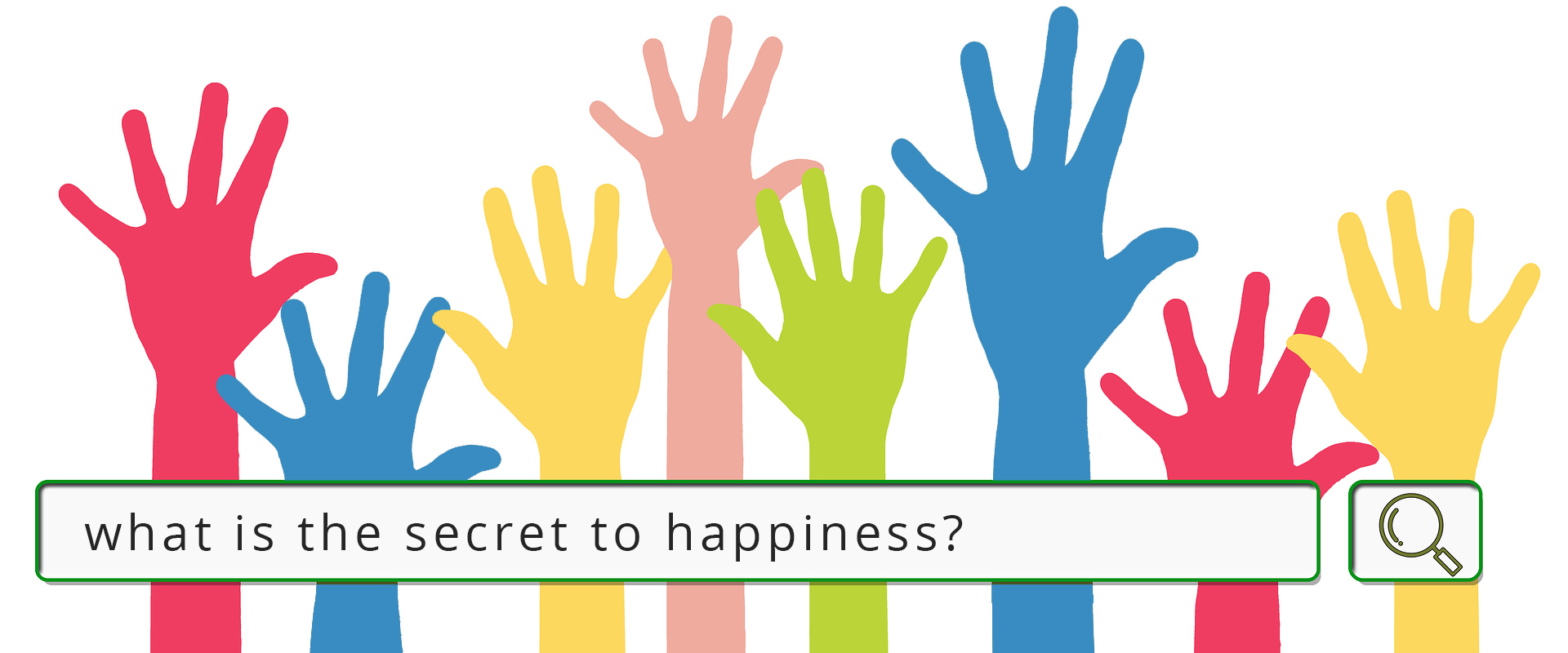

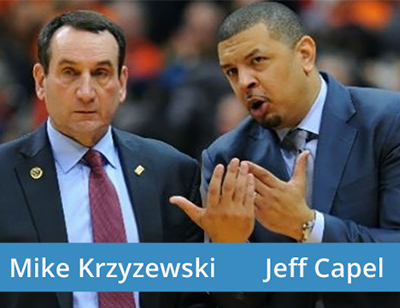 In last week’s memo I talked about the “
In last week’s memo I talked about the “